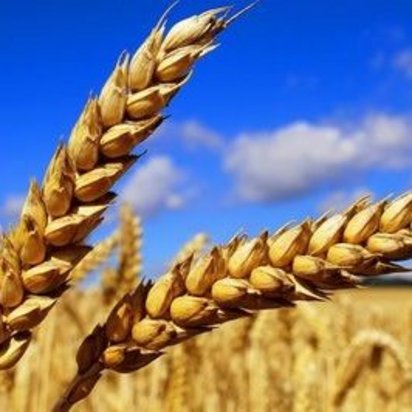FSSC 22000 - Food Safety System Certification
Contact us

Global, complex supply chains and demands for more transparency place high demands on companies in the food sector. With certification according to FSSC 22000 by TUV India, you meet the current challenges of your industry, reduce risks and save costs by using your resources more efficiently. In this way, you strengthen the trust of your customers.
You make an important contribution to food safety and to combating food fraud and food fraud. With an FSSC 22000 certificate, you position yourself as a company that produces high quality and safe.
Version 6 sets higher requirements for the management of resource efficiency and sustainability for companies that are certified according to FSSC 22000 or are seeking this certification.
Reasons for the revision of FSSC 22000:
The new requirements relate to the following parts of the standard:
What is the objective of FSSC 22000?
The internationally effective certification system Food Safety System Certification (FSSC 22000) is aimed at companies along the entire supply chain in the food sector. It is now in its 5th version and is based on the ISO 22000 standards, the technical specifications for specific preventive programmes for food safety and additional requirements of the standard setter. The standard is recognised by the Global Food Safety Initiative (GFSI).
The FSSC 22000 certification system supports companies with regard to food safety and quality management. Certified companies demonstrate with FSSC 22000 that they meet the requirements and expectations of authorities, business partners and consumers. With FSSC 22000, the companies make a valuable contribution to safety within the supply chain and also internationally.
Who benefits from a FSSC 22000 certificate?
The certification is suitable for companies of any size that produce, process or package animal or plant products or other food ingredients and additives. Prerequisites are the introduction of a quality management system for food safety as well as the consideration of Good Manufacturing Practice (GMP) and Hazard Analysis Critical Control Points (HACCP). With successful certification, companies have objective proof in their trading partnerships that they have implemented an audited food safety management system.
Elements of the FSSC 22000:
FSSC 22000 vs ISO 22000
What is COID?
COID stands for Certified Organization Identification Code and refers to the unique identification number that is uniquely assigned to each company certified according to FSSC 22000. The aim of the COID is the unique identification of certified organisations even in the event of a change of certifier and the associated change of certificate number. The COID will be introduced for all certified companies by 31.01.2023 and will be entered in the FSSC Assurance Portal as well as on the certificate.
What changes in Version 6 of the FSSC 22000?
In particular, the requirements for food safety and quality culture (all categories of the food chain) have been formulated in more detail. The obligation of a company is to set, implement and maintain food safety and quality culture targets.
These objectives must relate to the following elements:
The quality control requirements (all categories of the food chain) provide for the following:
Equipment management (all categories of the food chain, except FII) requires:
Food losses and wastage (all categories of the food chain, except I) requires
The communication requirements (all categories of the food chain) include in version 6:
Objective, neutral, independent: You can rely on TUV India for certifications. You benefit from our many years of experience, our extensive range of certifications and the globally recognised TÜV NORD brand. Our auditors have a wide range of expertise in your industry. Due to annual and comprehensive training courses, their knowledge is always up to date. In this way, they make a decisive contribution to a cost-effective and effective audit. Our interdisciplinary way of thinking and our broad expertise enable us to offer you sensible combinations in the area of certification from a single source, for example in the area of FSSC 22000 and ISO 9001.